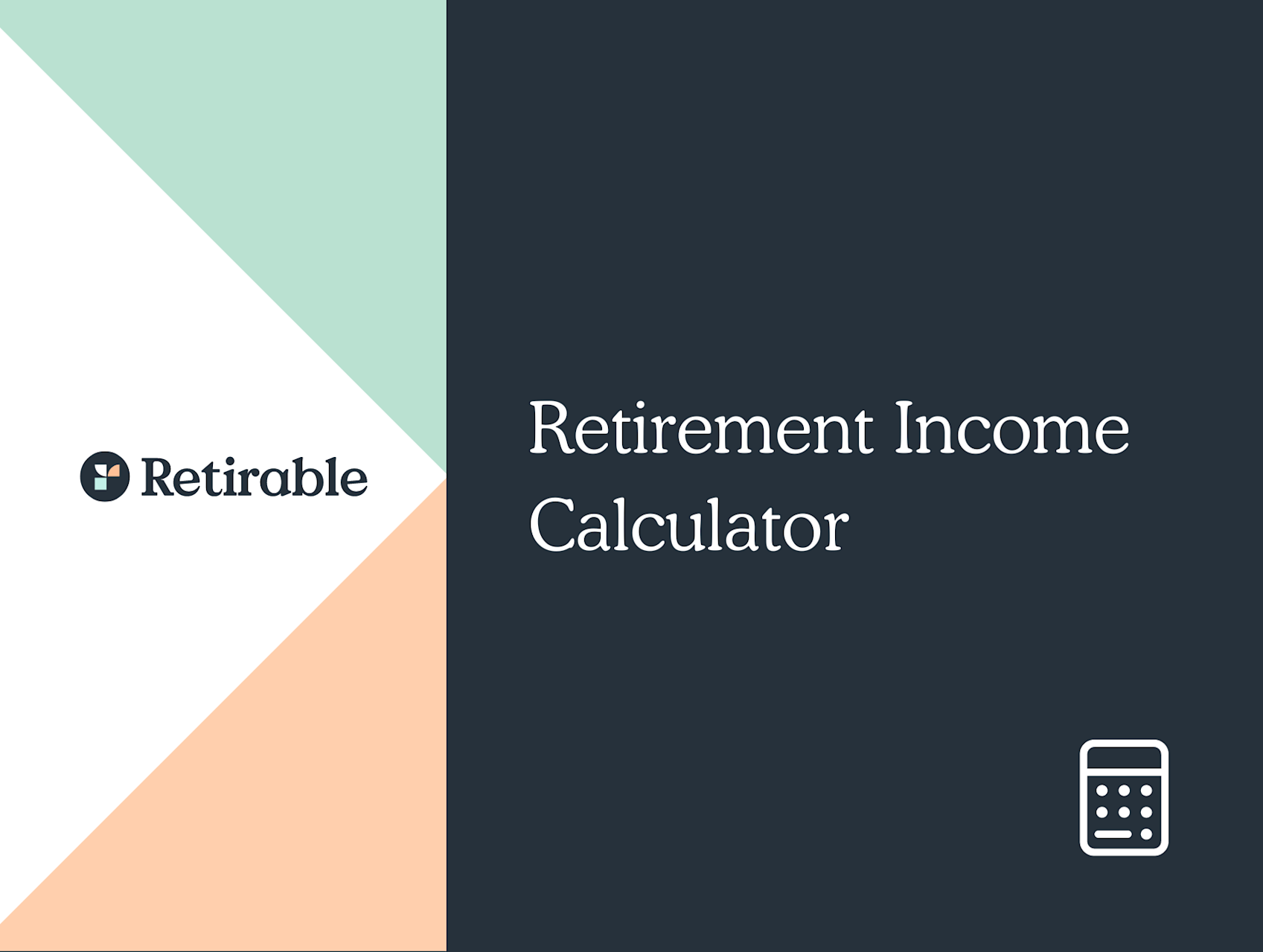Income
Setting a budget is an integral part of preparing for retirement. But retirement expenses aren’t always easy to nail down. We'll help you learn more about how to plan for your retirement expenses.

Stephanie Faris
•
Published June 2nd, 2021
Table of Contents
Key Takeaways
Preparing for retirement often focuses on boosting your income, but it’s important to also look at expenses.
To create a retirement budget, look at your current expenses and consider things that will change once you’re no longer working.
Your budget will have a combination of fixed expenses, which don’t change from one month to the next, and flexible expenses, which do.
Setting a budget is an integral part of preparing for retirement. But retirement expenses aren’t always easy to nail down. There are some expenses that will be fixed, which means no matter what happens, you can count on those coming out of your account every month. There are others that are flexible, which means that they can change from one month to the next.
Once you’re ready to start on your retirement budget, it can help to pull your current budget to get an idea of your current expenses. You can then get a general idea of what your cost of retirement will actually be.
How Important is a Retirement Budget?
By the time you’re enjoying your retirement party, your retirement income will be fixed. You can adjust how much you’re saving and investing in the years leading up to that moment, but unless you plan to keep working at least part-time, your monthly income will be fairly fixed.
There is, however, one thing you can control during retirement: how much you spend. The typical retirement budget will include the usual food, shelter, and housing that is basic to all humans. But how much you spend on each of those line items can vary.
The best thing about a retirement budget is that it puts you in control. You’ll know where your money is going each month, and you can make adjustments as your needs change. If you want to set some money aside for a big vacation, you can look at your budget and decide where to shave some spending off so that you’ll have funds to set aside.
Identify Your Fixed Costs
When you describe the typical costs of a retiree, there are two major categories at play: fixed and flexible. Your fixed costs don’t change from one month to the next, although they may occasionally shift. Your rent can certainly increase, but even if you have a mortgage, changes in property taxes and homeowner’s insurance premiums can alter your monthly payment from one year to the next.
When you look at a retirement budget example, pay attention to the costs that are likely to be fixed. Housing, for instance, will likely remain the same from one month to the next, as will your insurance premiums. Those are expenses that may change periodically, but all you’ll need to do is double-check the numbers against what your monthly billing statement says to make sure they remain the same throughout the year.
Once you’ve determined your fixed expenses, add them up and subtract them from your estimated monthly income. This will give you an idea of how much you have left over to put toward both your variable expenses and discretionary spending. You might be able to spend a little more on discretionary costs like dining out once you’ve crunched these numbers, for example.
Identify Your Flexible Costs
A large part of your retirement plan cost per month will be dedicated to flexible expenses. These are numbers that can easily fluctuate, like groceries, utilities, and fuel. You can still ballpark estimate what those costs will be as you set your budget, but you’ll need to monitor your account and make adjustments as you learn more about what you’re actually spending.
Then there are the expenses that are flexible but non-negotiable. You can make cuts to your food budget, such as skipping dining out, but you can’t reduce your monthly payment on your electricity bill. Knowing what’s non-negotiable can help you if you need to make budget cuts.
Another flexible expense that’s non-negotiable is an emergency. Your vehicle could need repairs or you may have medical expenses not covered by Medicare. For this type of emergency expense, it’s important to have a little extra money set aside. If you don’t already have an emergency fund, you might want to reduce your spending in a category to have extra in your account in case you need it.
Types of Costs to Consider in Your Retirement Budget
When you’re looking at what are typical expenses in retirement, your own current budget can give you valuable insights. Here are some typical retirement costs, as well as a description of whether they fit in the fixed or flexible category.
| Cost | Type of Cost |
|---|---|
| Healthcare | Flexible |
| Medicare Premiums | Fixed |
| Housing | Fixed or Flexible |
| Taxes with Retirement Accounts | Fixed |
| Food | Flexible |
| Emergencies | Flexible |
| Entertainment | Flexible |
| Travel | Flexible |
| Leaving a Legacy | Fixed or Flexible |
Final Thoughts
When you’re setting up retirement budget categories, there are some things to consider. It can help to look at your current expenses, but also try to estimate the income you’ll have available each month. A certified financial planner can help you ensure you have enough set aside to take care of those expenses after you retire.
Share this advice

Stephanie Faris has written about finance for entrepreneurs and marketing firms since 2013. She spent nearly a year as a writer for a credit card processing service and has written about finance for numerous marketing firms and entrepreneurs. Her work has appeared on Money Under 30, The Motley Fool, MoneyGeek, E-commerce Insiders, and GoBankingRates.
Decumulation
Paycheck
Lifestyle Planning
Income Sources
Strategies
Taxes
Risks
Share this advice

Stephanie Faris has written about finance for entrepreneurs and marketing firms since 2013. She spent nearly a year as a writer for a credit card processing service and has written about finance for numerous marketing firms and entrepreneurs. Her work has appeared on Money Under 30, The Motley Fool, MoneyGeek, E-commerce Insiders, and GoBankingRates.



